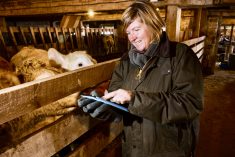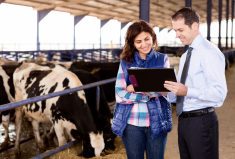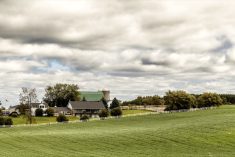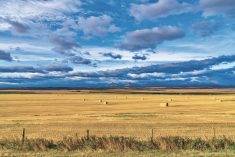Summer is when many farm operations fall behind on paperwork and bookkeeping. It’s understandable. Producers are outside raising crops and animals or trying to fit in a summer vacation. And after spending the winter inside, we all want to get outdoors.
But ‘catching up on the books’ post-harvest is increasingly unfeasible. The winter planning season is getting shorter due to the pace of life and bigger farm operations.
Was last winter on your farm disorganized and chaotic? Was everyone, including bookkeepers, accountants, and lenders, left waiting? Time equals money and producers should ask themselves: What will be different next winter? – especially if farm growth plans include more acres or a new enterprise.
Read Also
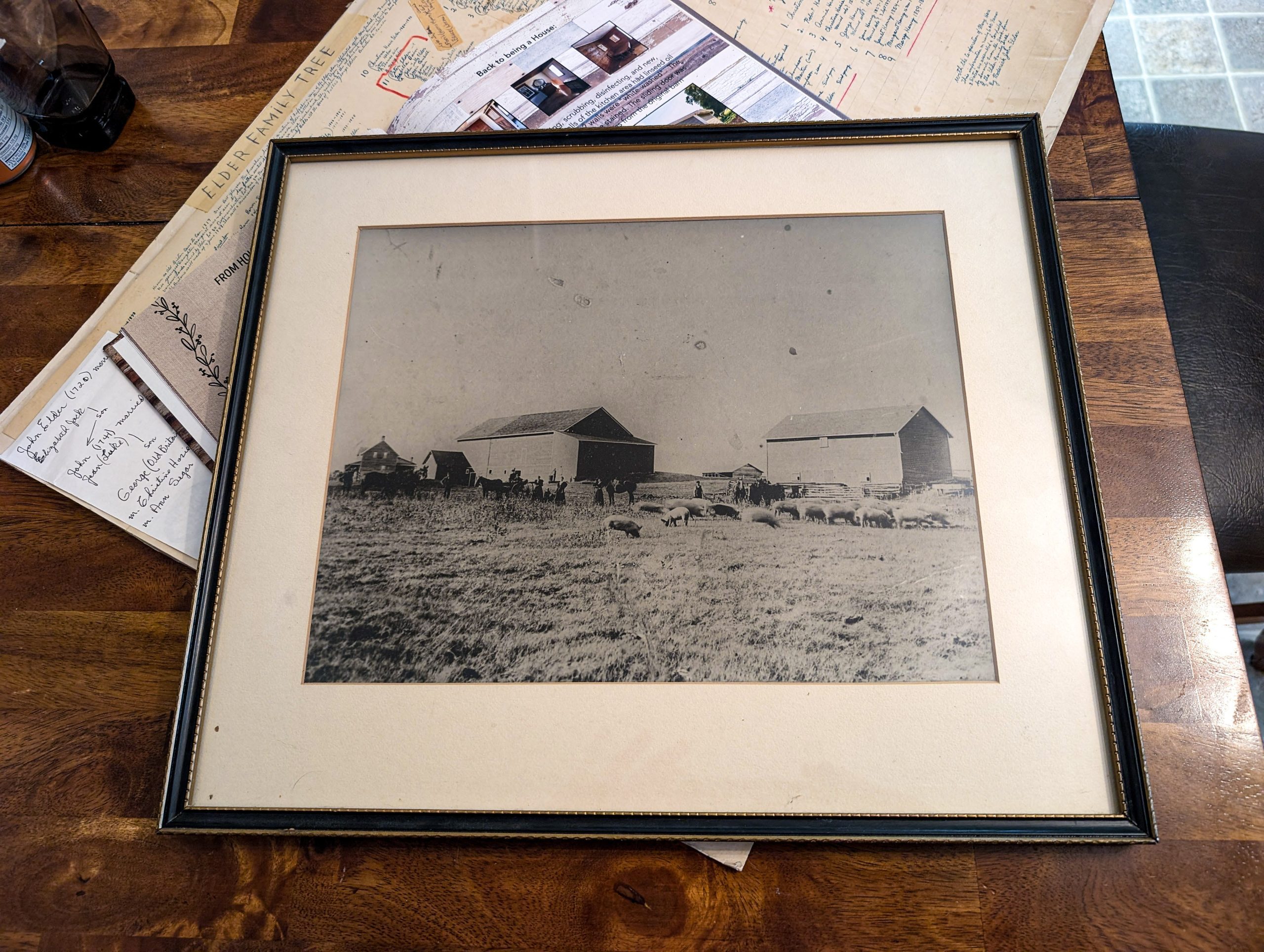
Why you should preserve your farm’s history
There was a big cast iron dinner bell in the middle of the farmyard where Maggie Van Camp grew up….
To bring order to chaos in the farm office we need to have the right people in the right seats.
Admin
It all starts with opening the mail (and e-mail). The admin role consists primarily of paying bills and organizing information for the bookkeeper. It can include other roles like managing insurance and invoicing. Even when cloud or remote bookkeepers are used a farm still needs an admin.
Digitizing records by using online portals, pre-authorized payments, online banking payments, and direct deposit can help cut down on paper clutter and help get your admin organized.
Bookkeeping
The bookkeeping role is well entrenched in the industry. In the past it was typically the husband-and-wife team who did the books but we’re starting to see less of this. Current farm bookkeeping jobs are sometimes ten times larger than when the prior generation started farming.
Cloud or remote bookkeepers are good options. If you digitize your records, you can hire a bookkeeper anywhere in Canada, or perhaps beyond, and there are firms that specialize in remote bookkeeping.
Reconciling the bank accounts and doing the bookkeeping is just step one. There still needs to be a bookkeeping review which often does not happen until year-end. This causes questions and delays and contributes to the chaos and backlogs at accounting firms. Producers that invest in regular bookkeeping reviews will reap the benefits at year-end.
CPA
The need for a CPA or accountant is generally understood and farm and tax complexity are making this role increasingly important. It’s worth noting most farms don’t have just one accountant but are typically served by an accounting firm partner who is backed by a team of resources. The CPA’s primary role is to produce financial statements, manage compliance (tax) filing, and provide additional consulting and advice. You don’t need to be a CPA to file farm taxes, but you do need to be a licensed CPA to issue financial statements to a bank.
CFO
The farm’s CFO hat has typically been worn by the farm owner who, in the past, has leaned on their accountant, lender, or financial consultants for support. Questions such as “Should I upgrade this combine?” are being replaced with questions like “How do I finance growth?”, “How do we manage our risk?” and “How do I keep all the balls in the air?”
Whether the CFO is the farm owner or hired out, their job is to look to the future, mitigate risk, and manage growth. CFOs should be able to work cross-functionally with marketing, HR, and agronomists. If a CFO doesn’t have adequate outside expertise they can be mentored by the outgoing CFO.
Fractional CFOs are an emerging option for producers interested in hiring a part-time CFO for their business, allowing producers to acquire CFO experience and leadership for a fraction of the time and cost.
Next steps
Once you identify the four finance roles on your farm take the time to edit their job descriptions. Also, catch up on your office work and bookkeeping over the summer. If producers aren’t up to date on their books going into seeding or harvest, they will be automatically six months behind. Farms that bring order to the financial chaos now will be better positioned for growth opportunities going forward.
– Craig Macfie, CPA, PAg provides fractional CFO services to farms and agribusinesses. He can be reached at [email protected].




